Organizations have reshaped the workforce, overturned age-old business models, and embraced digital technologies, from chatbots to blockchain, in rapid response to digital transformation.
We believe that future leaders need to develop expertise and knowledge to survive in this digital ecosystem. The Digital Business Leadership Program (DBLP) is an impactful, multi-modular learning journey that is facilitated by award-winning faculty from Cornell University, to help you succeed in the new world.

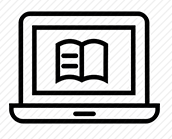



This session of the course will focus on how AI presents the next frontier for the digital transformation of businesses. AI applications have moved from point solutions to company wide applications. AI systems are different from traditional software programs in both how they are designed to operate and also how they integrate with people within an organization.
In this session, we will gain familiarity with different types of increasingly powerful and detailed data that firms can harness in their businesses today. You will study examples of technologies that make such data possible. We will also learn how to utilize controlled experiments to evaluate the use cases of data and to successfully define the scope of implementation. We will use examples of different consumer technologies that have wide applications in retailing, services businesses, manufacturing, health care, and human resources. The session will enable you to lead the design, data collection, and analysis of a controlled experiment to evaluate new data and technologies.
The session teaches you a 5-step value creation analysis using the business model canvas for a product or service idea. In conjunction with this analysis, you will evaluate your idea based on your competition and your unique value proposition. The session will:
• Clarify the value that your idea brings to the world.
• Iterate on your Business Model Canvas to fully explore all elements of your idea.
Leaders are facing big disruptions and questions today. How can we shift from a more market based perspective to a more sustainable human centered approach appropriate to address this post pandemic challenges? To tackle this, leaders need a more empathic mindset, more creativity and better collaboration across disciplines. What makes business leaders successful today is the ability to drive innovation that is relevant to their customers. Many are equipping themselves with a design toolkit to assure their organisations success. This way they can constantly adapt to the disruptions and opportunities businesses and organisations face today Design has rapidly emerged as a driver for innovation, organisational change and growth. The goal of this session is to serve as an initial introduction to Design Thinking and to present to you a mindset for creative problem solving and to learn about the principles of human centered design.
We first discuss the technical underpinnings of blockchain and review key concepts such as decentralized consensus (the bitcoin example), types of blockchain and benefits of decentralization. We then examine it as an asset and review the dynamics of the Tokenomics, and its economic role. Finally, we examine tokens as a business solution, with a focus on understanding business cases in which they do and do not make sense.
The session introduces blockchain, a revolutionary technology that enables transfer of digital assets without any mediators and maintain a decentralized ledger. It is predicted to be as impactful as the Internet. You will learn about the types of blockchain with their advantages and disadvantages.
It will also give learners an overview on how to mine a blockchain.
FinTech, or Financial Technology, encompasses a range of rapidly emerging technological changes in the financial services sector. The session will examine the evolving FinTech landscape from multiple perspectives and changes, relevant to you both in a professional and personal context.
Fintech’s constant innovation demand flexibility, endurance and risk exposure for financial service companies.
This session will help you understand disruptions in the fintech industry and the key trends to address across a broad cross section of products and services.
In this session, you will learn how to deploy predictive and prescriptive analytics in a business for greater impact. You will learn examples of predictive and prescriptive analytics for different kinds of businesses and study how to successfully combine analytics with human decision making. After this session, you will have the knowledge to lead a data science team to achieve operational excellence and drive strategic gains.
Digital disruption is the key issue facing businesses, and our organizations are not designed to cope. The complexities of disruptive times require leaders to continuously assess and adapt to the dynamic, unstable environment surrounding your organizations.
Understand the fundamental tensions between exploring and executing and addressing why is innovation difficult in the time of crisis.
Understanding the relevant technologies and substance of digital will prepare us for delving into how big companies can embrace digital transformation. The key is to build a digital innovation or builder culture. Our first capability will be around learning how organizations can innovate while not taking on undue risksidentifying risk limiting pathways to bring digital transformation to life. Our approach advances the popular agile development, lean start-up and discovery driven ideas and adapts them to the context of digital transformation in large established industries. This capability enables leaders to not just manage risks and change in the context of digital transformation, but also learn to manage a high uncertainty (VUCA) world.
We will close the program with learning how to organize large-scale rigorous business experiments. Digital leaders eschew the traditional planning and long-range strategy approaches and instead build a culture and capability of rapid experimentation and learning. We will learn the key principles to organizing successful business experiments. and changes, relevant to you both in a professional and personal context.
Fintech’s constant innovations demand flexibility, endurance, and risk exposure for financial services companies. This session will help you understand disruptions in the fintech industry and the key trends to address across a broad cross-section of products and services.
Along with academic learning, we also
give emphasis to practical learning. With
the capstone project, you will get the
opportunity to solve complex business
issues based on the knowledge you have
gained. The project will be evaluated by
faculty and peers.
Choose from over 1400+ electives that will enhance your knowledge and skills across business functions. With unlimited access to Cornell’s resource library, you will have the opportunity to learn something new, every day.
Post-work assignments/tasks will be given after each session to enhance your skills on each topic taught during the LIVE session. The leaderboard scores you against your peers in the learning journey.
Learn from high-achieving peers from around the globe and build your network. The cohort will be divided into triads. You will get a chance to interact, share and exchange ideas with your peers.
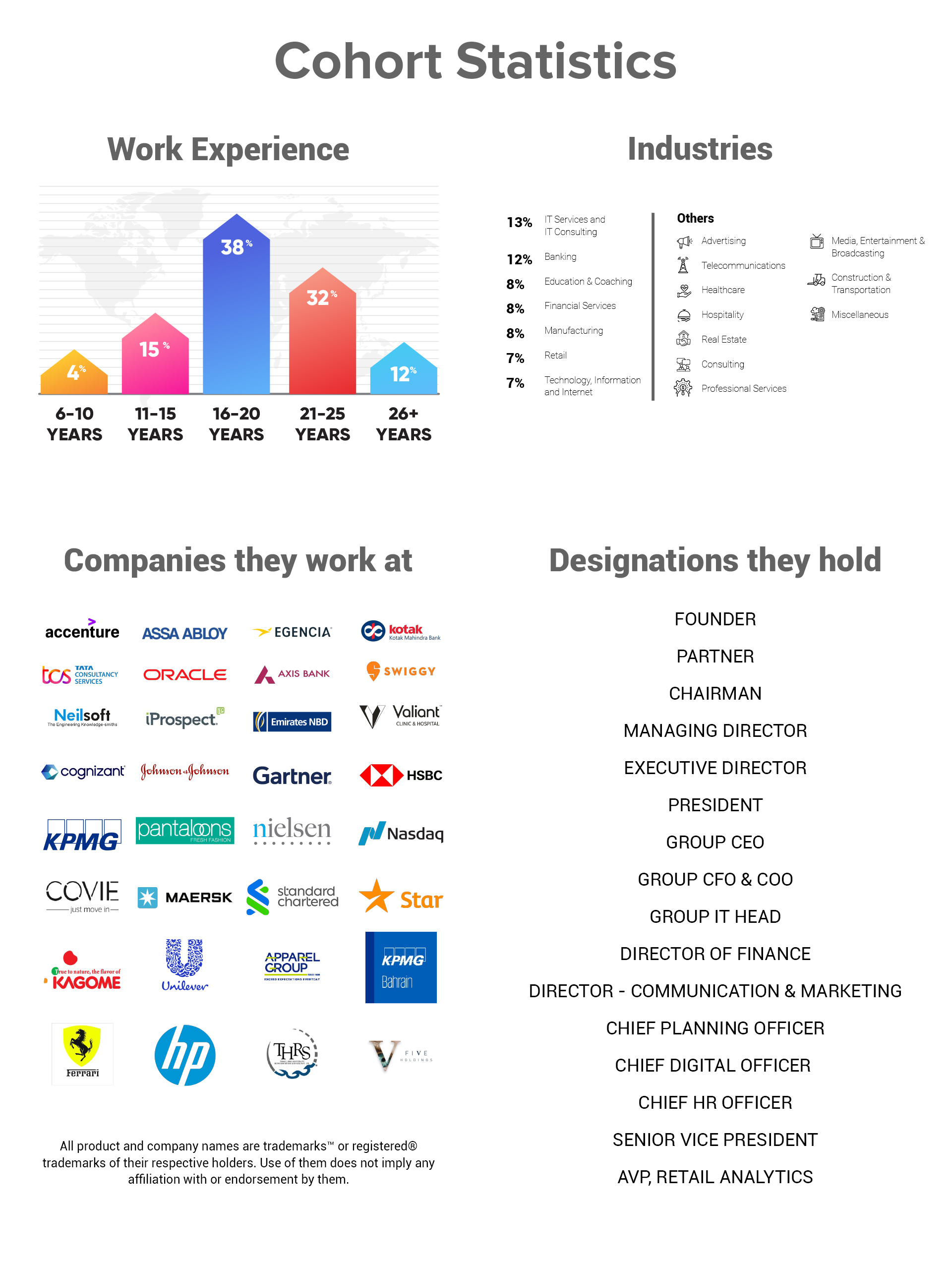
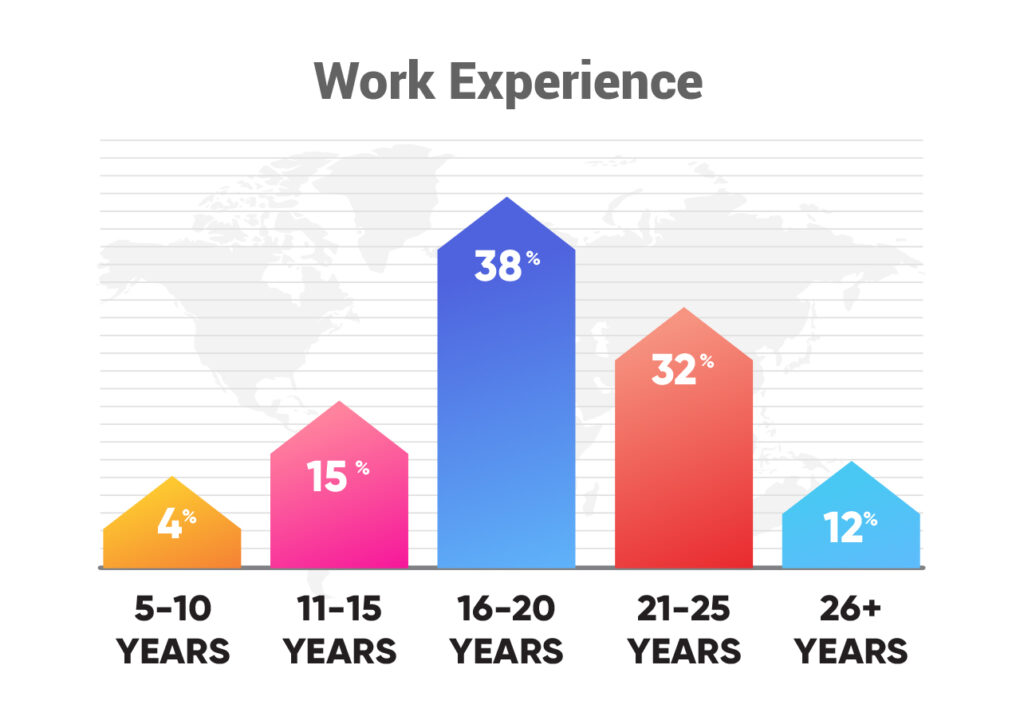
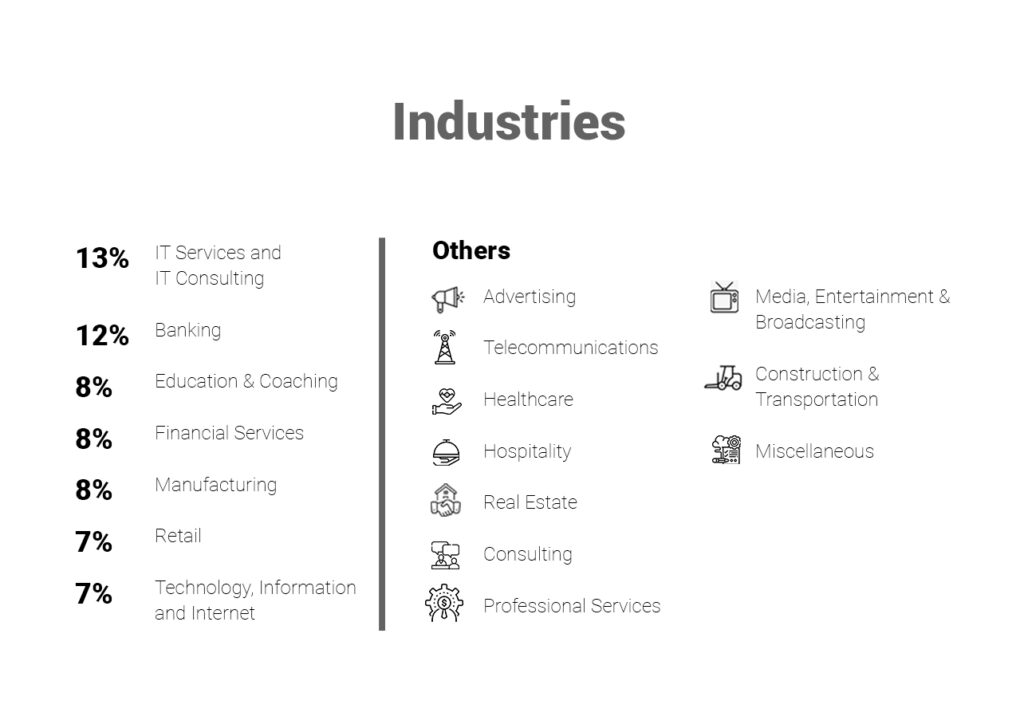
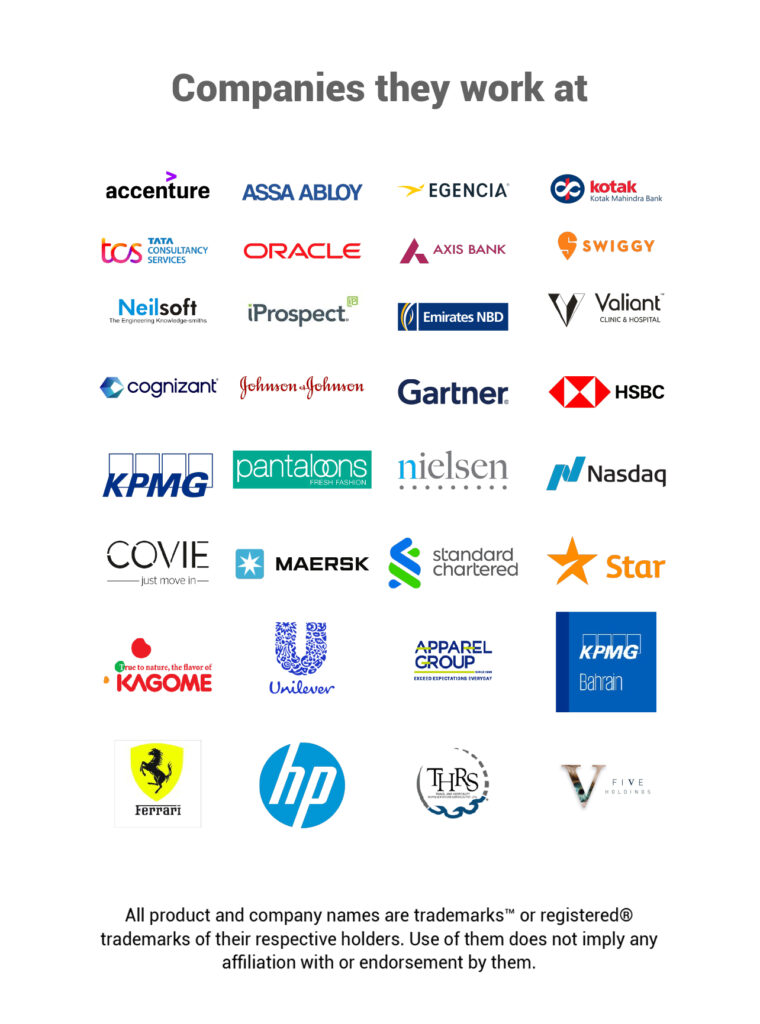
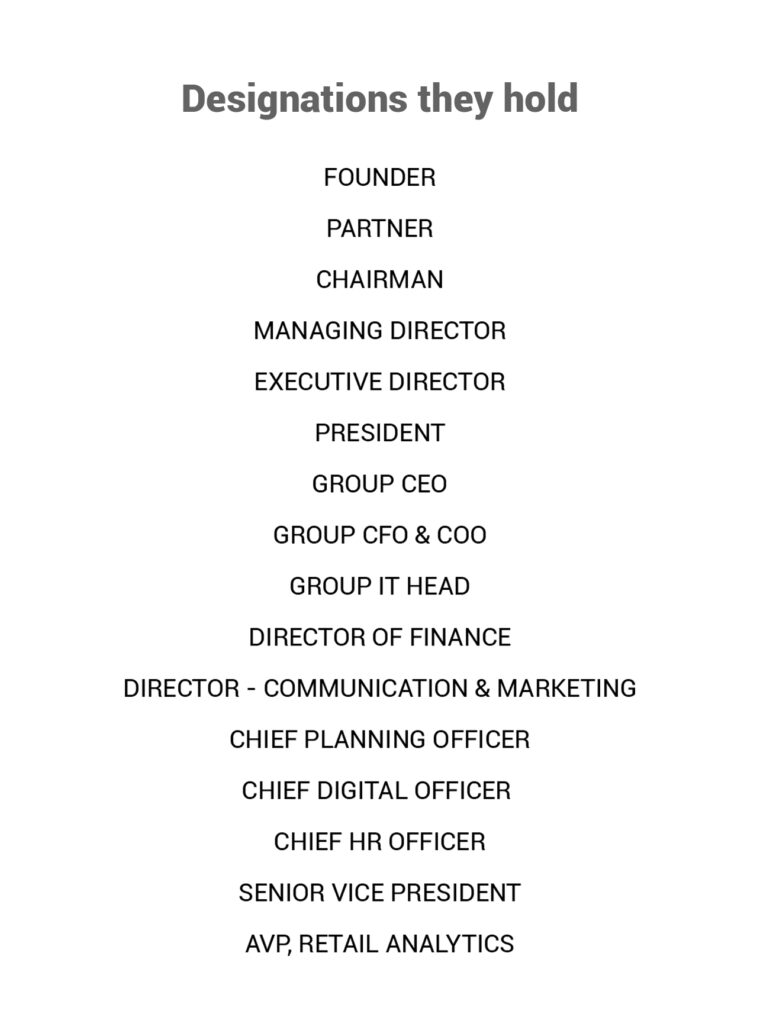
Clinical Professor of Management and Operations
Allan Filipowicz teaches Managing and Leading Organizations, Negotiations, Executive Leadership and Development, Leading Teams and Critical and Strategic Thinking. He was also a Former Dean for Executive Education. He has recently won a Best Core Faculty award. He has taught executives across the globe. His professional experience includes banking and consulting, including running his own boutique consulting firm and four years with the Boston Consulting Group in Paris.

Professor of Operations Technology and Innovation
Karan Girotra is the academic lead for the flagship studio-based education programs at Cornell Tech and is applying his research on innovation to help build a new model for graduate education. As one of the first business faculty at Cornell Tech, he is helping build a unique new educational institution that fuses technology with business and creative thinking. He has collaborated with companies building new business models in the areas of urban living, smart transportation and e-commerce, helping them build rigorous research-based solutions.

Professor of Management and Organisations
Gautam Ahuja teaches strategy and competitive analysis. In 2016, he received the BPS Wiley Outstanding Educator Award for his lifetime teaching contributions. At Cornell, he has received the Cornell-Tech Best Professor Award as well as the Johnson Graduate School of Management’s Apple Award. His research interests include competitive analysis, technology and innovation, globalization, and the use of inter-organizational arrangements such as mergers, acquisitions, and alliances in these contexts.

Senior Faculty of Marketing Management Communications
Sherif Nasser’s research focuses on applying game theory to marketing problems, particularly those related to distribution channels and pricing. He joined Cornell University in 2015 and teaches at both the Johnson and the Dyson Schools. At Johnson, he taught Marketing Management, Marketing Research to MBA students. Currently he teaches Product and Brand Strategies to EMBA students. At Dyson, he teaches Marketing Management, and Innovation and New Product Management. Prior to joining Cornell, Nasser taught at Washington University in St Louis.

Emerson Professor of Manufacturing Management
Vishal Gaur serves as the program director for Johnson's MS in Business Analytics program. He is a former MBA Dean. He teaches graduate courses in operations management, digital business and retail operations, and data analysis in SQL and Tableau. He has received numerous awards for his research and teaching. His research interests lie in data-driven modeling, econometric analysis, and optimization of operations management problems with applications in supply chains, retailing, and e-Commerce.

Senior Lecturer of Finance
Drew Pascarella is the Associate Dean for MBA programs, and he is responsible for curriculum, admissions, placement, student services, leadership programs, and diversity and inclusive initiatives for Johnson’s residential MBA programs. In addition to his duties as associate dean, he also leads the Investment Banking Immersion at Johnson. Prior to his arrival at Johnson in 2012, he spent 15 years working at bulge bracket investment banks.

Professor of Computer Science
Rafael Pass graduated from MIT in 2006 and has since been a faculty member in the Computer Science Department at Cornell University. In 2013, he joined the newly founded Cornell Tech campus in New York city. His research interests are in Cryptography and its connections to Complexity Theory and Game Theory. He is the recipient of the NSF Career Award in 2008, the AFOSR Young Investigator Award in 2010, the Google Faculty award in 2015 and was named a Microsoft Faculty Fellow in 2009, a Sloan Research Fellow in 2011, and a JP Morgan Faculty fellow in 2020.

Rudd Family Professor, Management & Associate Professor, Finance; Faculty Director, FinTech Initiative at Cornell
Lin William Cong is the Rudd Family Professor of Management and Associate Professor of Finance at the Johnson Graduate School of Management at Cornell University. He is also the founding faculty director for the FinTech Initiative at Cornell. Cong also holds dual degrees from Harvard University where he graduated summa cum laude and top in the Physics department, with an A.M. in Physics, an A.B. in Math & Physics, a minor in Economics, and a language citation in French. His recent work has focused on the intersection of technology, data science, and finance.

Senior Faculty of Management and Organisations
Stefanie Kubanek is a senior lecturer at Cornell University. She is a New York and Munich-based designer and design educator whose work is inspired by her native-German roots and cosmopolitan perspective. She completed an apprenticeship in goldsmithing, earned a MA in Industrial Design at London’s Royal College of Art, and completed the PLD program for leadership development at Harvard Business School. As a design educator, she teaches the core qualities of the design process: collaboration and communication, a capacity for empathy, the importance of research, and the integration of different disciplines, cultures, and genders.

Clinical Professor of Management and Operations
Allan Filipowicz teaches Managing and Leading Organizations, Negotiations, Executive Leadership and Development, Leading Teams and Critical and Strategic Thinking. He was also a Former Dean for Executive Education. He has recently won a Best Core Faculty award. He has taught executives across the globe. His professional experience includes banking and consulting, including running his own boutique consulting firm and four years with the Boston Consulting Group in Paris.

Professor of Operations Technology and Innovation
Karan Girotra is the academic lead for the flagship studio-based education programs at Cornell Tech and is applying his research on innovation to help build a new model for graduate education. As one of the first business faculty at Cornell Tech, he is helping build a unique new educational institution that fuses technology with business and creative thinking. He has collaborated with companies building new business models in the areas of urban living, smart transportation and e-commerce, helping them build rigorous research-based solutions.

Professor of Management and Organisations
Gautam Ahuja teaches strategy and competitive analysis. In 2016, he received the BPS Wiley Outstanding Educator Award for his lifetime teaching contributions. At Cornell, he has received the Cornell-Tech Best Professor Award as well as the Johnson Graduate School of Management’s Apple Award. His research interests include competitive analysis, technology and innovation, globalization, and the use of inter-organizational arrangements such as mergers, acquisitions, and alliances in these contexts.

Senior Faculty of Marketing Management Communications
Sherif Nasser’s research focuses on applying game theory to marketing problems, particularly those related to distribution channels and pricing. He joined Cornell University in 2015 and teaches at both the Johnson and the Dyson Schools. At Johnson, he taught Marketing Management, Marketing Research to MBA students. Currently he teaches Product and Brand Strategies to EMBA students. At Dyson, he teaches Marketing Management, and Innovation and New Product Management. Prior to joining Cornell, Nasser taught at Washington University in St Louis.

Emerson Professor of Manufacturing Management
Vishal Gaur serves as the program director for Johnson's MS in Business Analytics program. He is a former MBA Dean. He teaches graduate courses in operations management, digital business and retail operations, and data analysis in SQL and Tableau. He has received numerous awards for his research and teaching. His research interests lie in data-driven modeling, econometric analysis, and optimization of operations management problems with applications in supply chains, retailing, and e-Commerce.

Senior Lecturer of Finance
Drew Pascarella is the Associate Dean for MBA programs, and he is responsible for curriculum, admissions, placement, student services, leadership programs, and diversity and inclusive initiatives for Johnson’s residential MBA programs. In addition to his duties as associate dean, he also leads the Investment Banking Immersion at Johnson. Prior to his arrival at Johnson in 2012, he spent 15 years working at bulge bracket investment banks.

Professor of Computer Science
Rafael Pass graduated from MIT in 2006 and has since been a faculty member in the Computer Science Department at Cornell University. In 2013, he joined the newly founded Cornell Tech campus in New York city. His research interests are in Cryptography and its connections to Complexity Theory and Game Theory. He is the recipient of the NSF Career Award in 2008, the AFOSR Young Investigator Award in 2010, the Google Faculty award in 2015 and was named a Microsoft Faculty Fellow in 2009, a Sloan Research Fellow in 2011, and a JP Morgan Faculty fellow in 2020.

Rudd Family Professor, Management & Associate Professor, Finance; Faculty Director, FinTech Initiative at Cornell
Lin William Cong is the Rudd Family Professor of Management and Associate Professor of Finance at the Johnson Graduate School of Management at Cornell University. He is also the founding faculty director for the FinTech Initiative at Cornell. Cong also holds dual degrees from Harvard University where he graduated summa cum laude and top in the Physics department, with an A.M. in Physics, an A.B. in Math & Physics, a minor in Economics, and a language citation in French. His recent work has focused on the intersection of technology, data science, and finance.

Senior Faculty of Management and Organisations
Stefanie Kubanek is a senior lecturer at Cornell University. She is a New York and Munich-based designer and design educator whose work is inspired by her native-German roots and cosmopolitan perspective. She completed an apprenticeship in goldsmithing, earned a MA in Industrial Design at London’s Royal College of Art, and completed the PLD program for leadership development at Harvard Business School. As a design educator, she teaches the core qualities of the design process: collaboration and communication, a capacity for empathy, the importance of research, and the integration of different disciplines, cultures, and genders.

Indicative faculty, subject to change based on availability and university guidelines




















Indicative faculty, subject to change based on availability and university guidelines
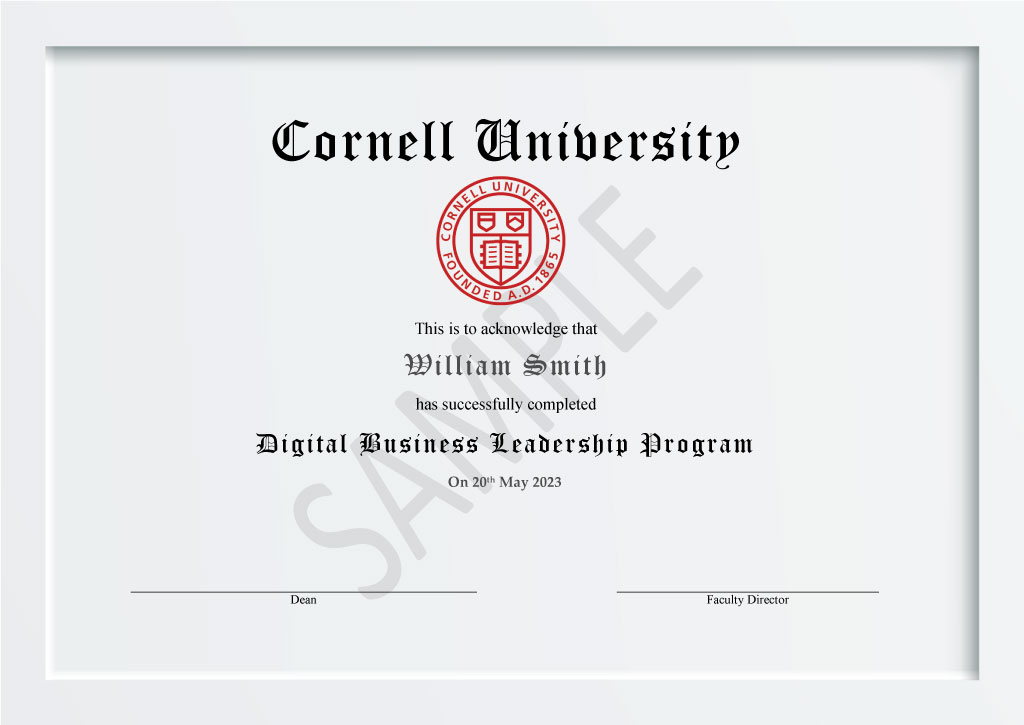
Upon successful completion of the program, you will earn a digital certificate of completion from Cornell University
Note: Certificate image is for illustrative purposes only and may be subject to change at the discretion of Cornell University.



Great and very informative sessions with LIVE case studies discussion and exercises over a 6 months learning journey.
Good macro understanding of Digital Transformation and earning from peer group and real-life experience shared by faculty.
World-class and top-notch faculty and curriculum. Excellent!
The faculty come with great expertise. The content and curriculum are diverse. Cornell DBLP is a highly recommended program for all senior leaders looking for high-quality education.
Cornell University is collaborating with XED to offer a portfolio of high-impact programs for working professionals
